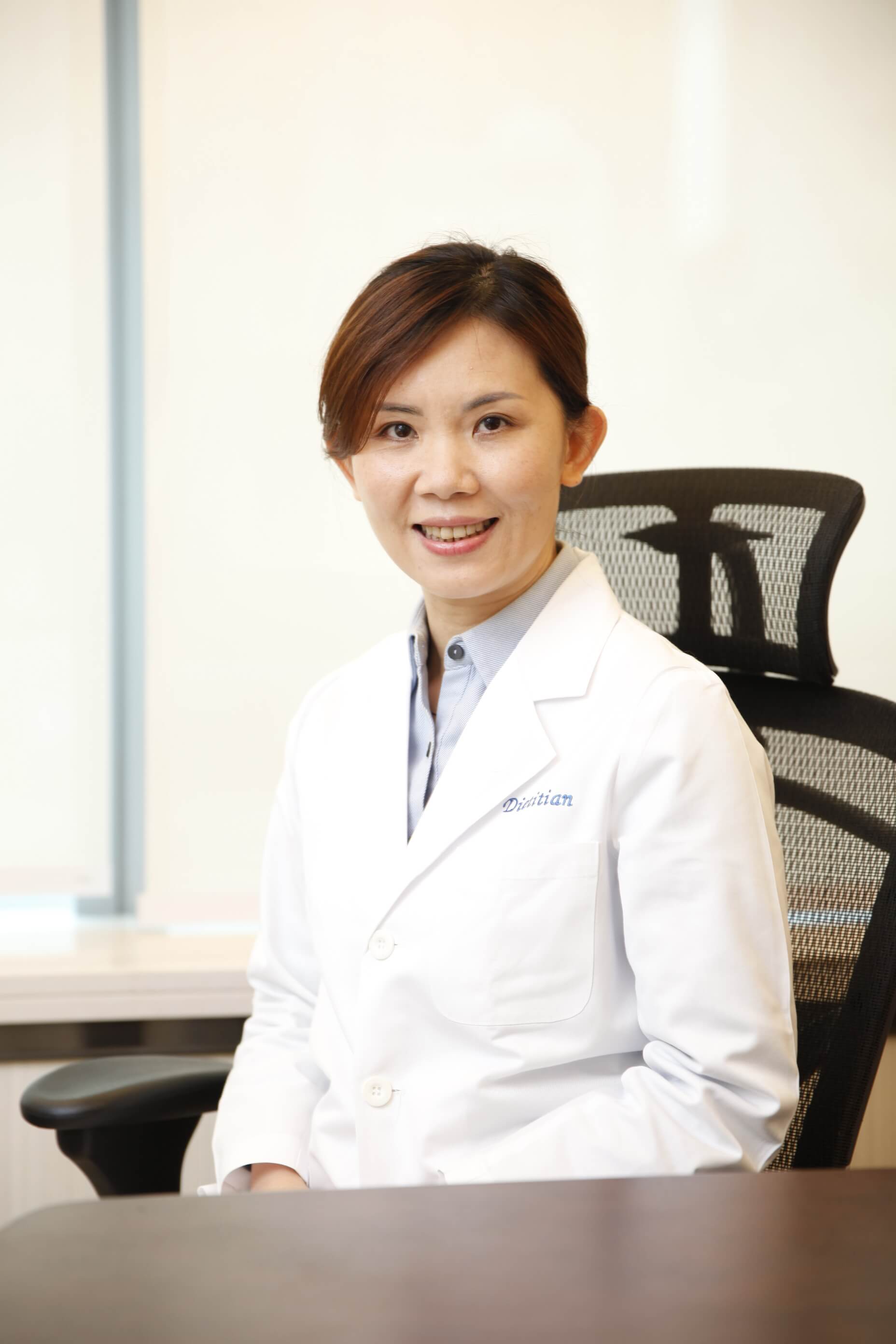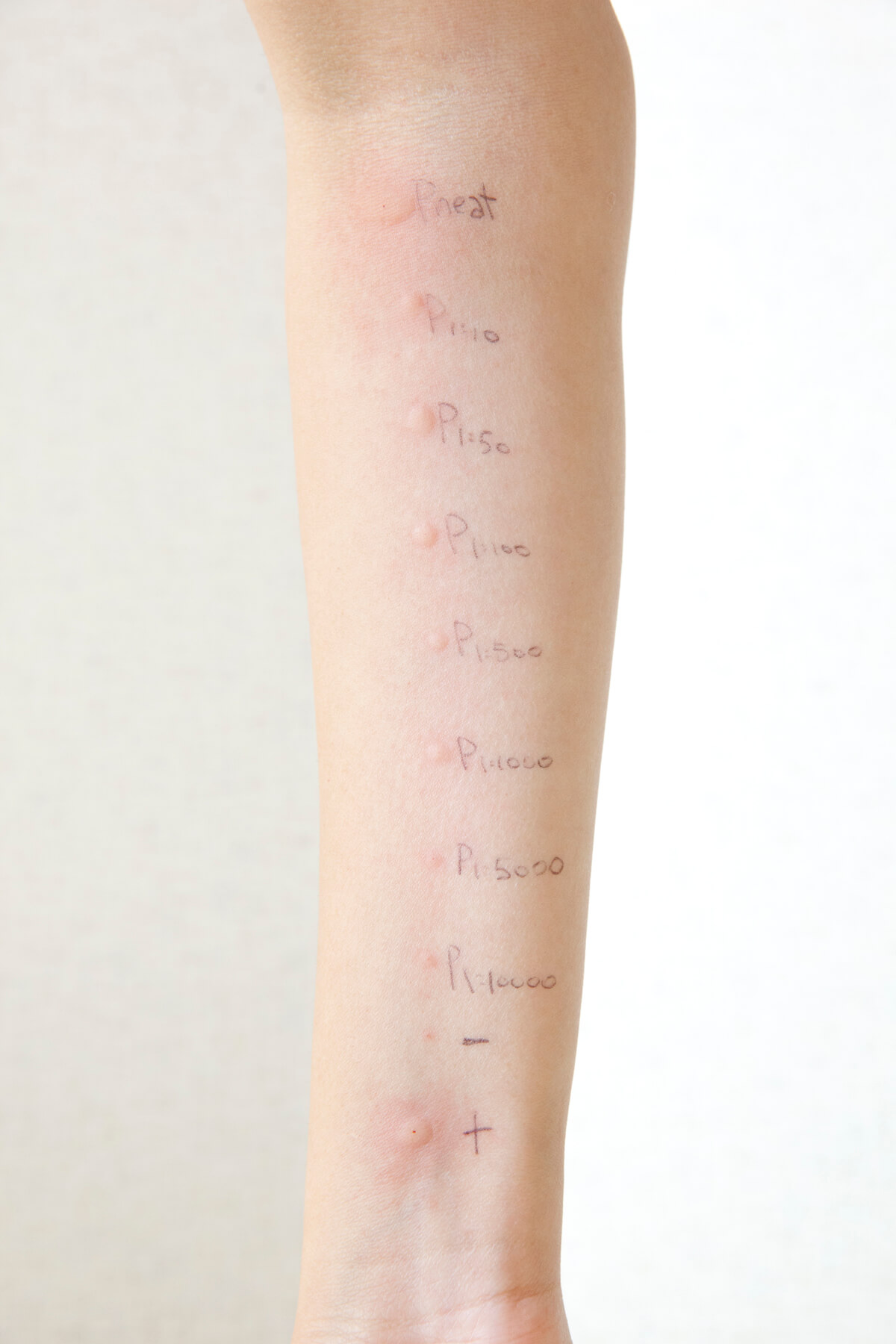Prevention of food allergies - turn foes to friends early on
- 2016-11-12
A new remedy for food allergies
by Crystal Tai
When Kelly Tang Tsz-yu was just two years old, she took a spoonful of shrimp and shortly after that, her skin was covered with an itchy rash. Her mother Iris Tai Lok-man was terrified when she began to have breathing difficulties.
Since then, her mother always makes sure that Kelly stays away from seafood, peanuts and other common allergens.
Like many parents, she holds on to the belief that her child will be fine as long as she stops eating food that triggers an allergic reaction.
But new findings show that adding peanuts and eggs to babies' diets – rather than keeping them away, can cut the rates of allergies.
An article published in the Journal of the American Medical Association this month, found that early introduction of allergenic food to infants, can reduce risk.
The journal shows evidence that feeding peanuts to babies aged between 4 and 11 months, can lower their chance of developing a peanut allergy.
Further studies suggest that early introduction of other common allergens like eggs and fish, was linked to fewer amount of allergies later on.
The new approach to treating food allergies is in contrast with the research released around a decade ago. At the time, the American Academy of Pediatrics asked kids to stay away from allergens until they were much older.
Researchers concluded that there was a "moderate" certainty that putting food allergies in babies' diets prevents the allergy from developing.
Ms June Chan King Chi, Senior Dietitian at the Hong Kong Sanatorium and Hospital said that early introduction of allergens to children has been a heated topic in the UK and the US recently.

She said between 2008 to 2015, 1,300 three-month old infants were regularly fed small portions of milk, peanut, sesame, fish, eggs and wheat, alongside continued breastfeeding. The results of the study showed that early consumption of allergenic foods, especially peanuts and eggs, can significantly increase the chance of preventions.
When asked whether she would start adding allergenic food to her child's diet gradually, Ms Tai was uncertain about the results of the research.
"My child is very allergic to seafood and knowing that it brings her more pain to eat those foods, I just wouldn't take any risks," she said.
Ms Chan said parents can add small portions of peanuts and eggs as soon as infants are developmentally ready to eat solids.
The amount of allergens in babies' diets vary with the level of tolerance. But the EAT study gave a brief idea that weekly consumption of a small boiled egg and 1½ teaspoons of peanut butter can reduce the risk.


In Hong Kong, the percentage of children with a food allergy is similar to those other countries like Australia and the US.
Based on a survey done by Queen Mary Hospital in 2015, about 4.8% of the 7000 respondents aged 14 or below, reported having a food allergy. Among those affected, 15.8% of them had a severe allergic reaction.
"The proportion of children with a severe reaction is five percent higher than the global average." said Dr. Lee Tak-hong, Director at Allergy Centre.
Victims of food allergies may suffer from an itchy rash, nausea, diarrhea, to severe reactions like a drop in blood pressure and breathing difficulties.
The most common allergies are to proteins like shellfish, eggs, dairy products, peanuts and combined fruits.
Research in Hong Kong has pioneered in food oral immunotherapy (OIT) alongside with anti-IgE therapy for management of patients diagnosed with allergies.
Immunotherapy has been considered dangerous as parents have feared that inadvertent food ingestion can bring about fatal allergic reactions.
But prescribing patients with a dose of anti-IgE before they try to add allergens to their diet has proven to be an effective solution.
Ms Chan said food-specific IgE antibiotics act as detectors within human bodies. When allergens fall under the radar of these antibiotics, they may become hypersensitive and progress to fatal systemic anaphylaxis.
Anti-IgE, on the contrary, helps to shut down food sensitivity and increase the threshold dose of allergens required to trigger a reaction.
"Some of our patients underwent rapid desensitization under the cover of anti-IgE and they reached the goal dose of 2000 mg of peanut protein over the course of 7 to 11 weeks," said Ms Chan.
However, the lack of government investment in research of food allergies and the high costs in private hospital services mean that this treatment is not accessible to everyone.
Most victims of food allergies are referred to the Allergy Centre at Hong Kong Sanatorium and Hospital, one of the very few clinics in the city dedicated to this field. Each treatment costs around 100,000 dollars.
"Dietary avoidance is no longer a global trend as people find it much cheaper to work on allergy prevention rather than spending thousands of dollars on treatment," said Ms Chan.
(Edited by Anna Tang)
《The Young Reporter》
The Young Reporter (TYR) started as a newspaper in 1969. Today, it is published across multiple media platforms and updated constantly to bring the latest news and analyses to its readers.

Beating all odds with positivity

Silent Talk: The Voice to be Heard




Comments